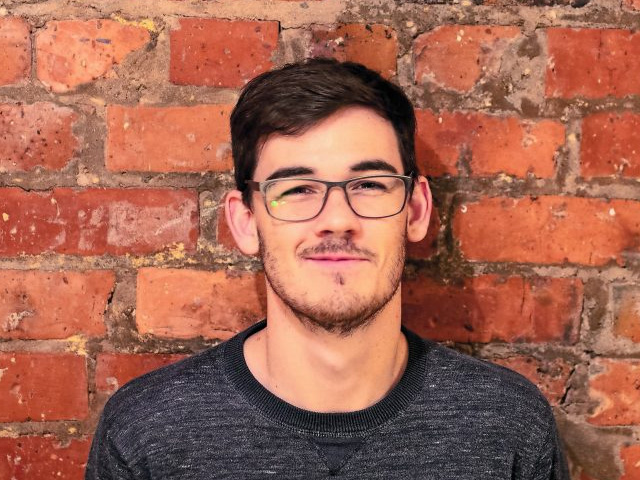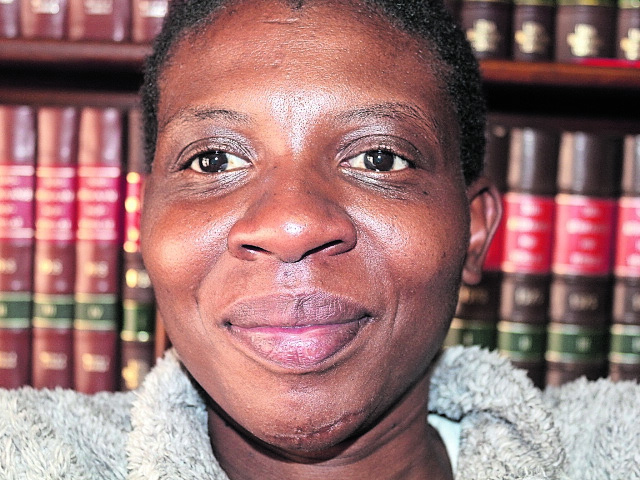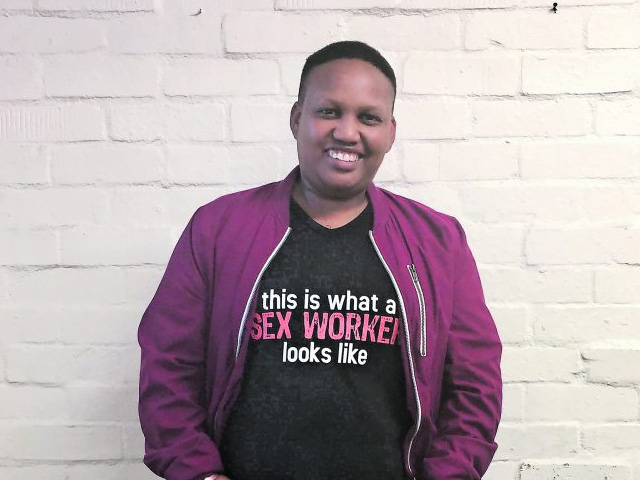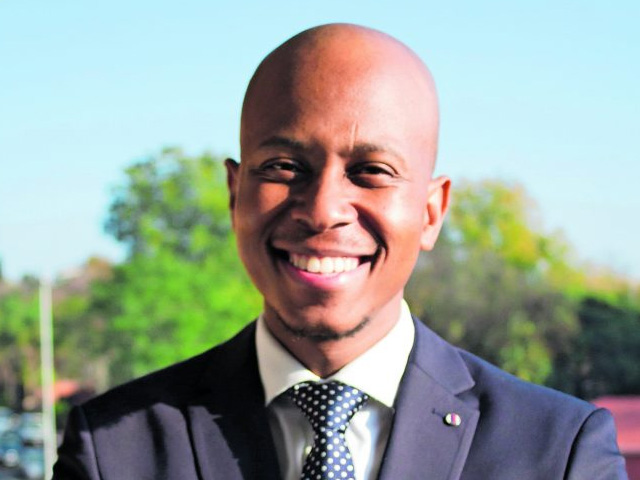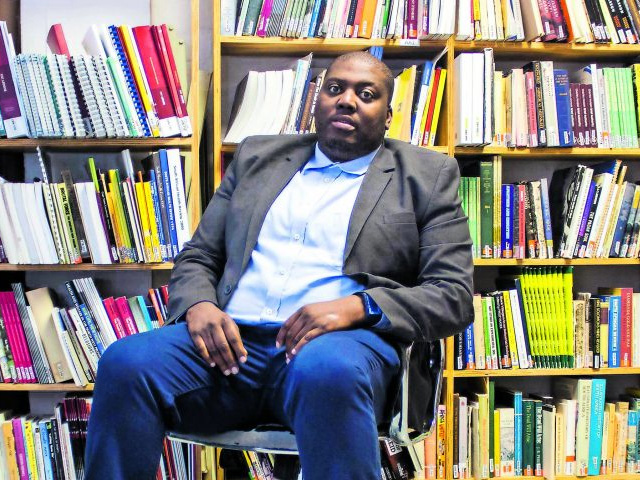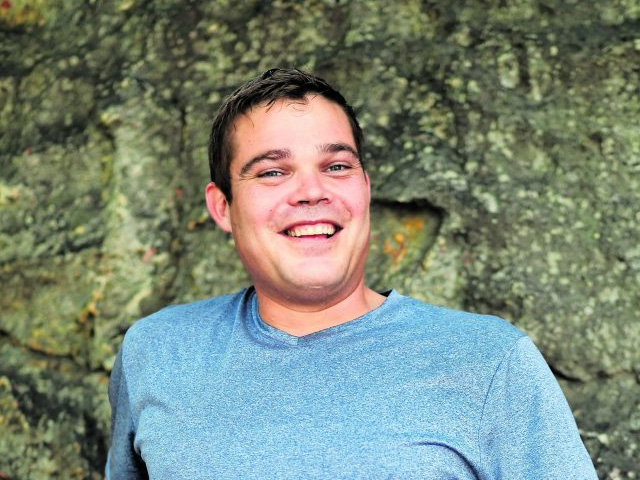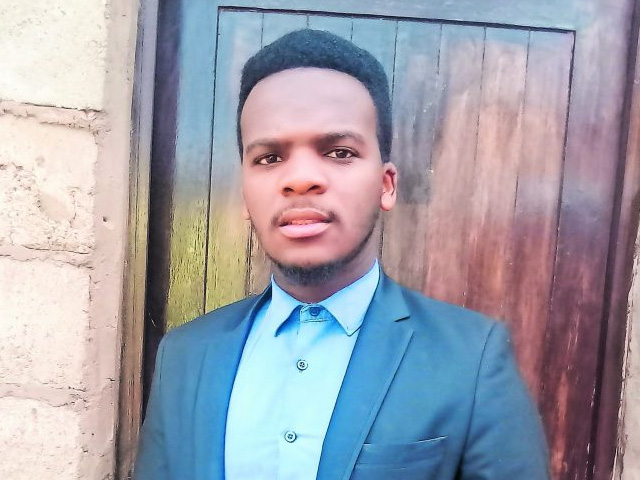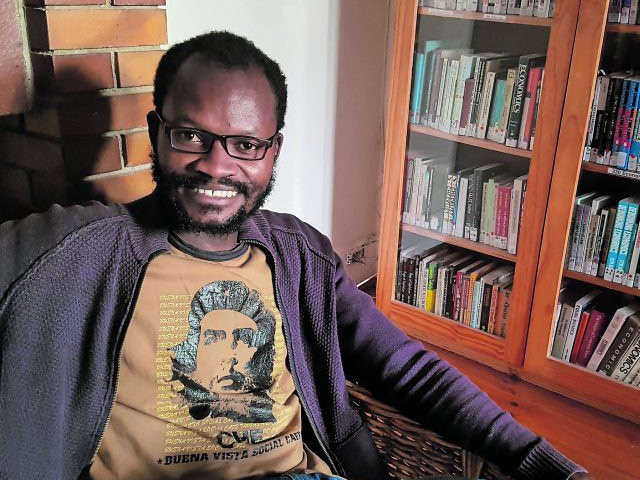The private sector’s complicity in human rights violations often go unaccounted for in the broader discourse of corruption and human rights. “It is the possibility to challenge this impunity, and make life a little more uncomfortable for the powerful, that I love about our work,” says Michael Marchant.
As a researcher at Open Secrets, a nonprofit that promotes private sector accountability for economic crimes and human rights violations in Southern Africa, Marchant is interested in how power and politics is organised and the impact this has on the world.
Powerful corporations, as much as governments, should be criticised and held accountable for corruption and failures at the expense of human rights, Marchant says.
He was the lead researcher for the book Apartheid Guns and Money, which he says was an eye-opening process. The book helps dispel the myth that apartheid South Africa was an isolated pariah state, revealing that it was enmeshed in powerful, conservative global networks that supported the regime with money and weapons, even while publicly criticising it.
Apartheid Guns and Money shuts down the argument that corruption arrived in South Africa with democracy — the racist subtext that corruption is a problem of black government — revealing the scale of corruption of the apartheid government. It shows that to really understand corruption and economic crime, we need to uncover the networks of the powerful that profit from injustice. Marchant hopes South Africans can use this book as as a basis to pursue accountability for apartheid’s accomplices.
Active in the Right2Know Campaign, Marchant believes information is a crucial basis for power. “It is no surprise that governments acting contrary to the interests of their people seek so actively to control information and to limit transparency,” he says. This is why access to information remains an important struggle in the context of our democracy.
Marchant is studying toward an LLB degree. In the future, he hopes to continue to work on investigations and cases that break new ground in bringing corporations and private actors complicit in human rights violations to book. — Shaazia Ebrahim
